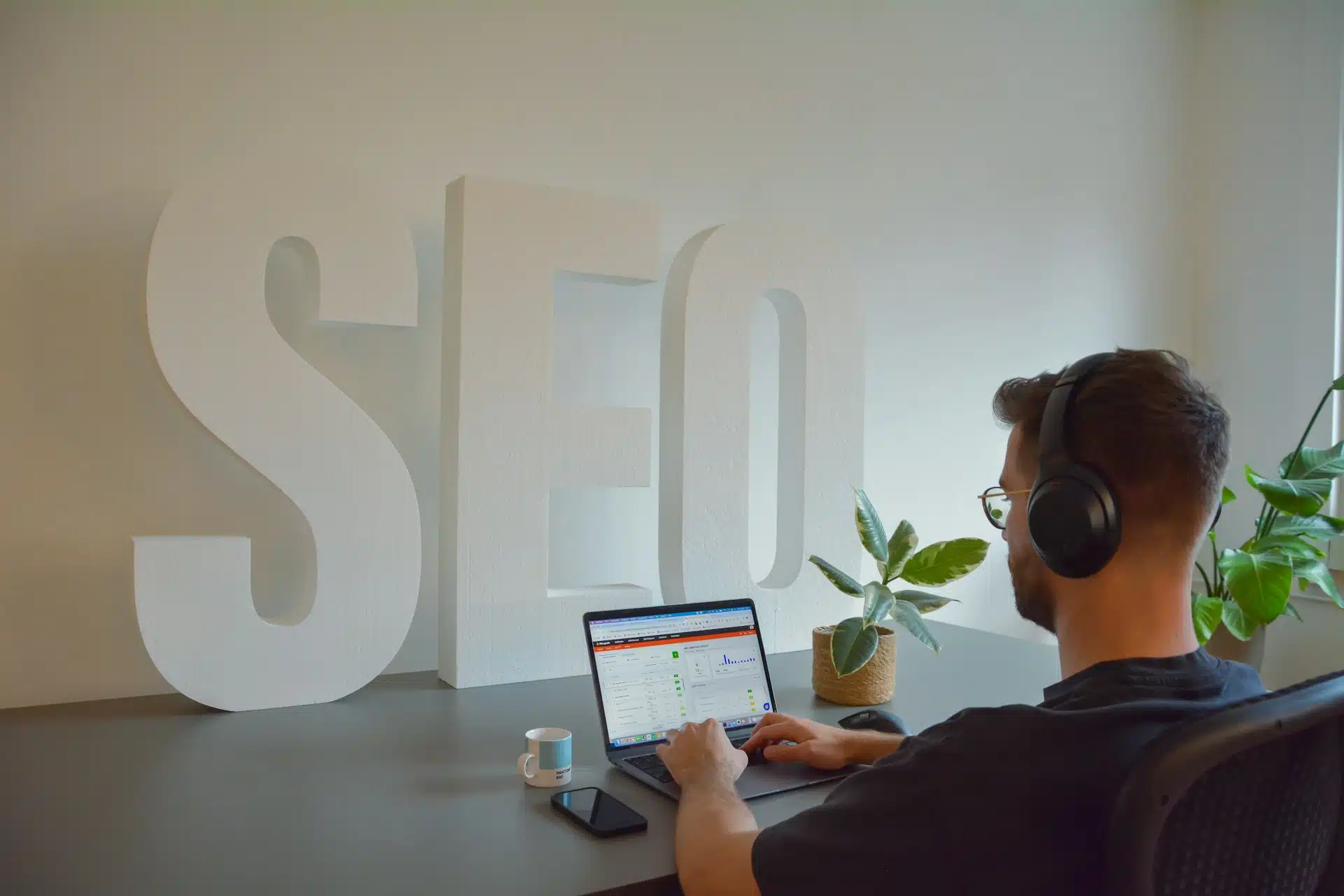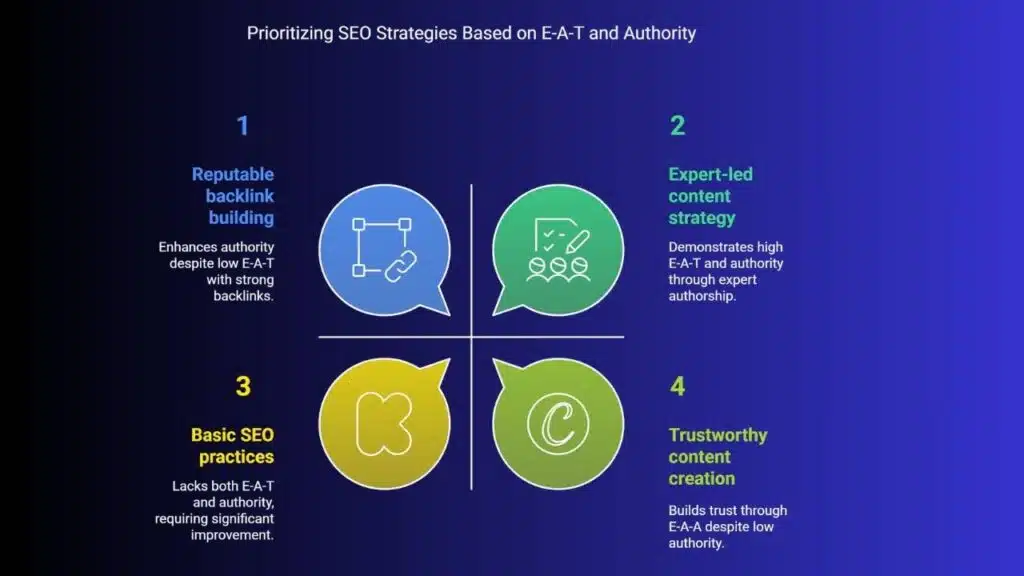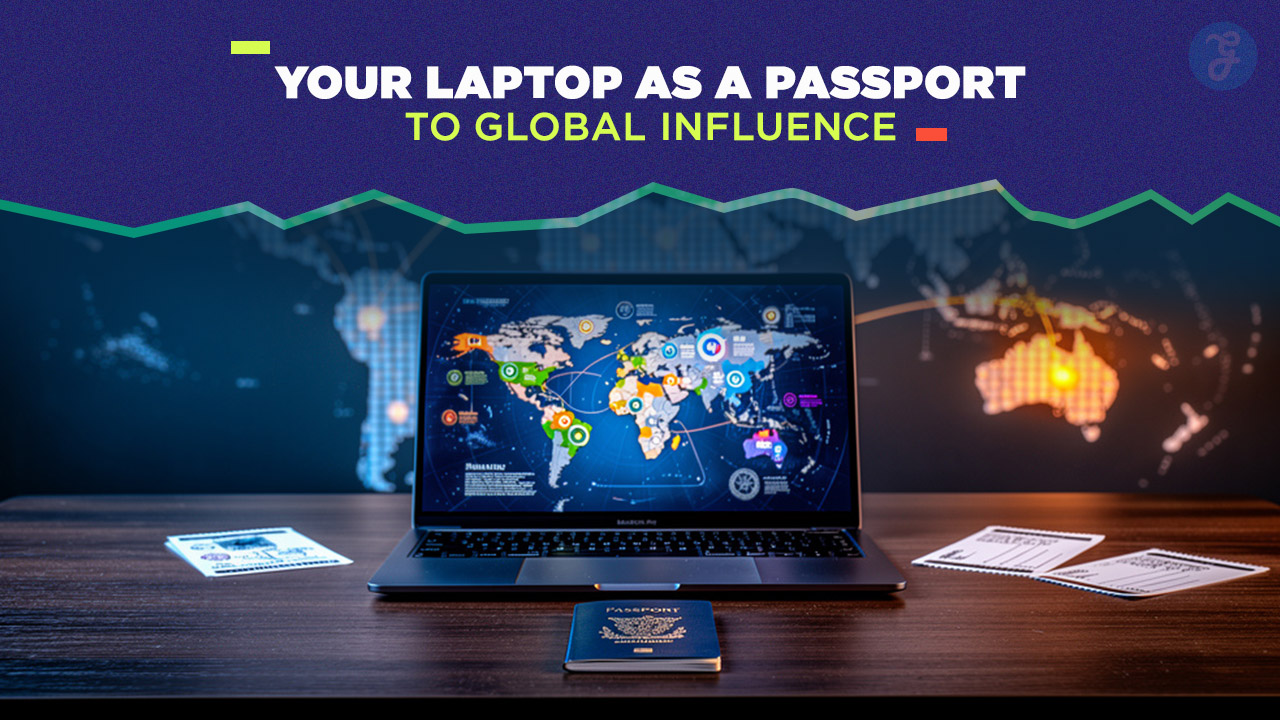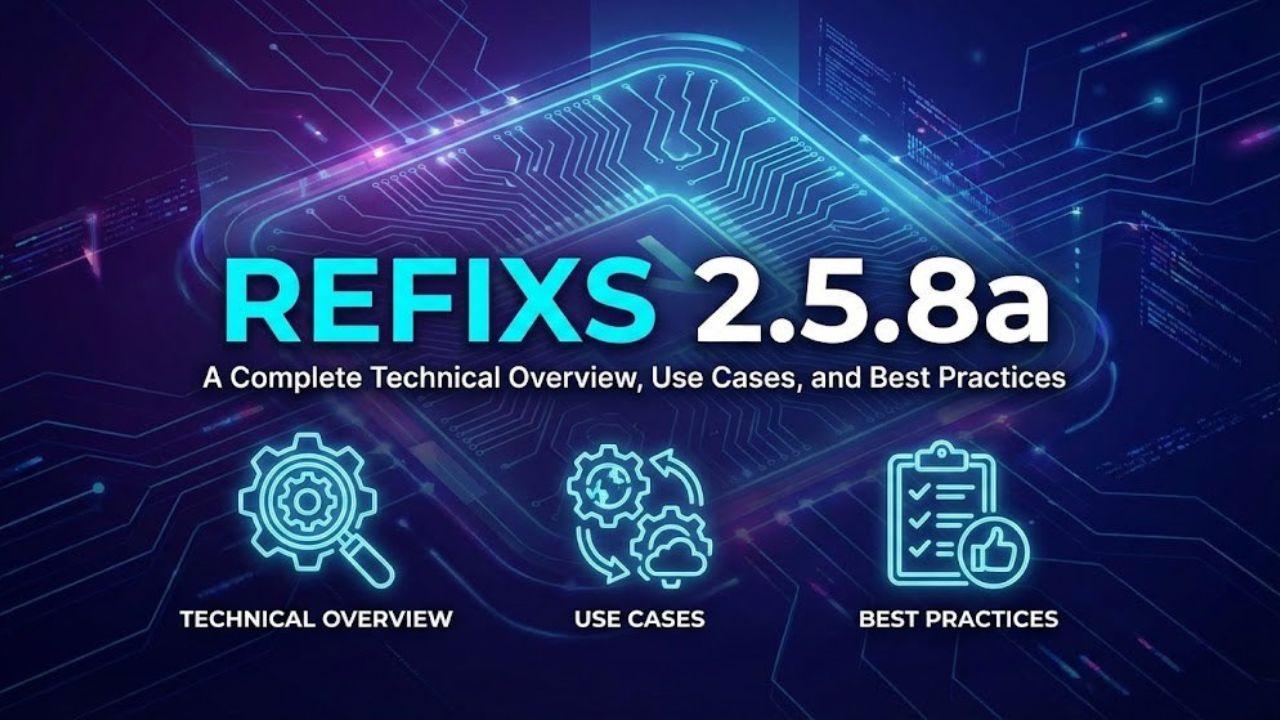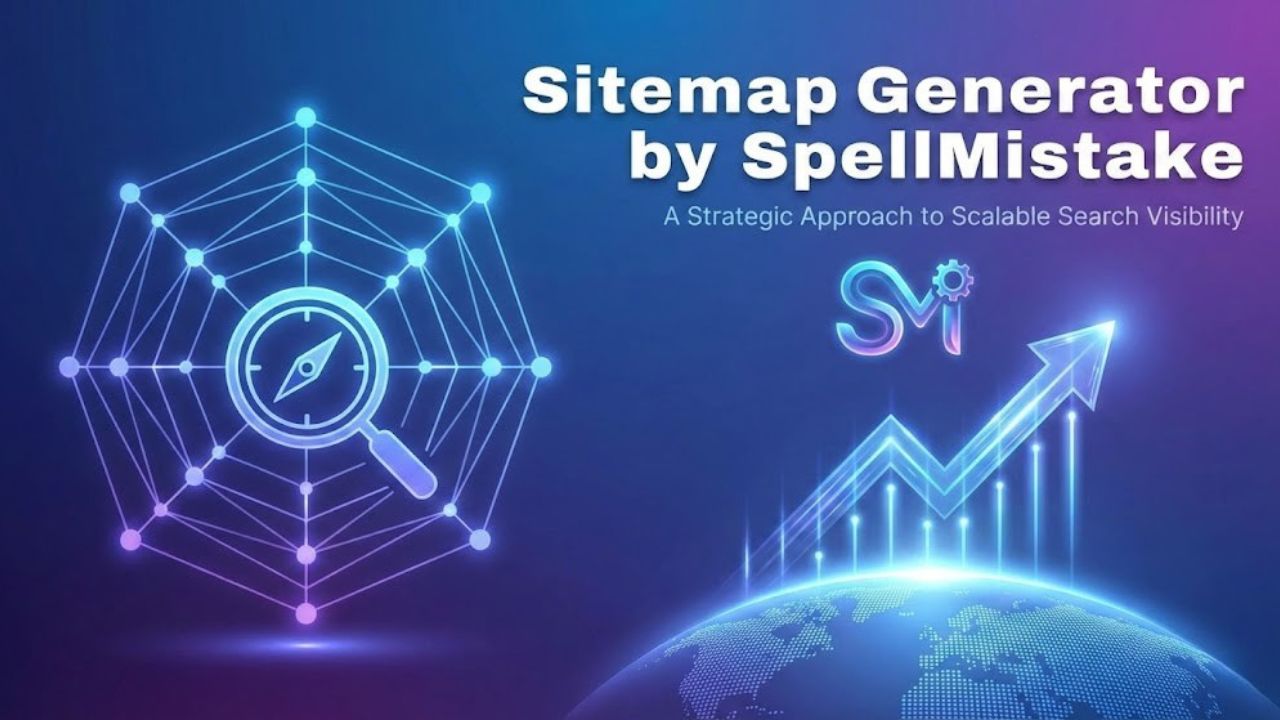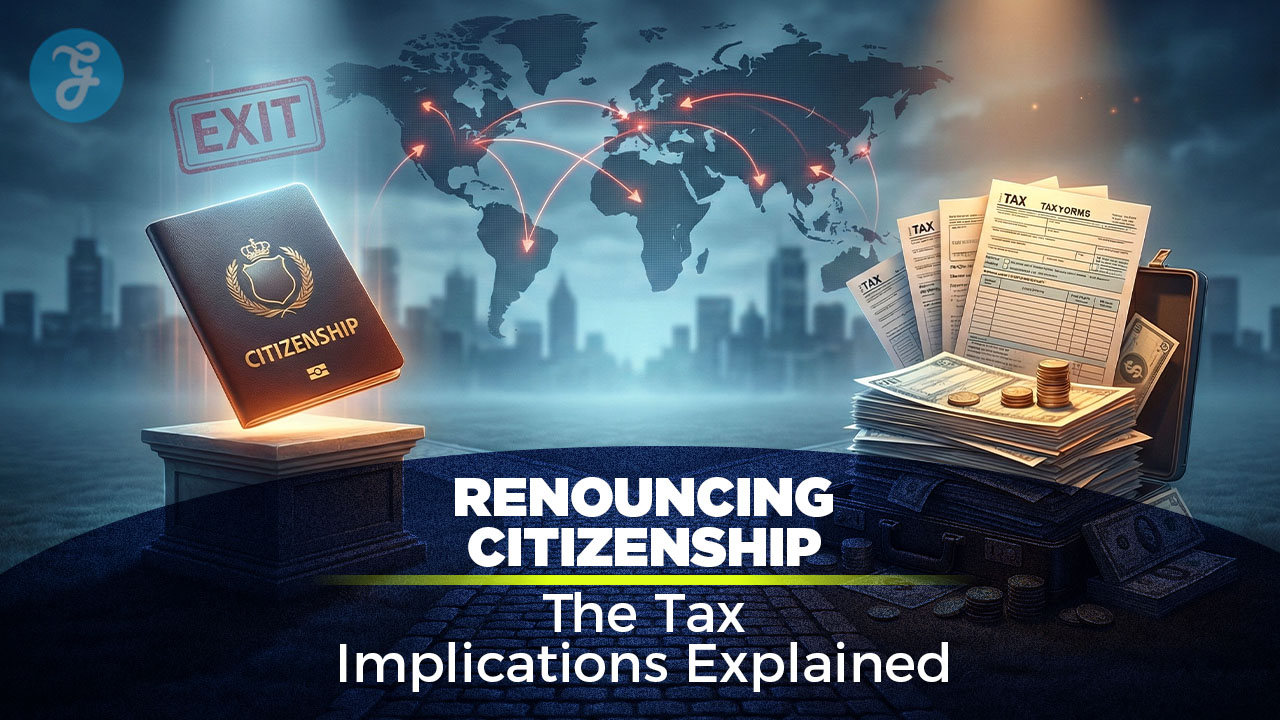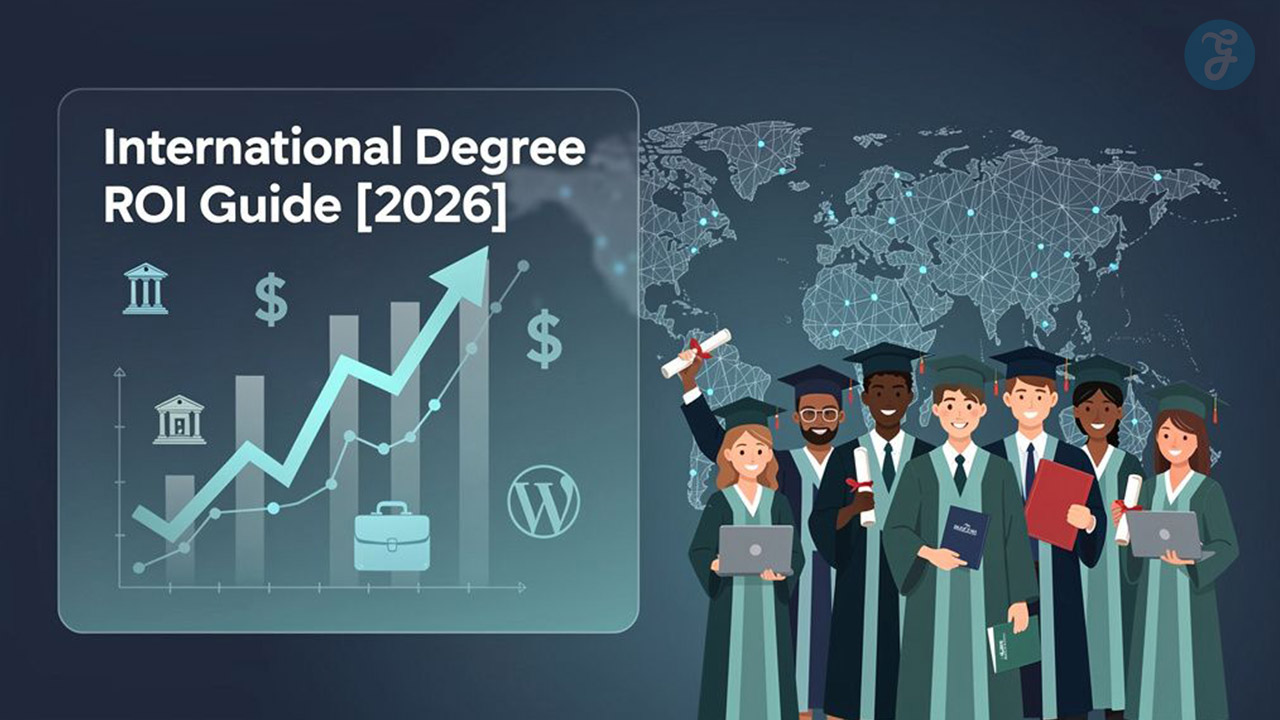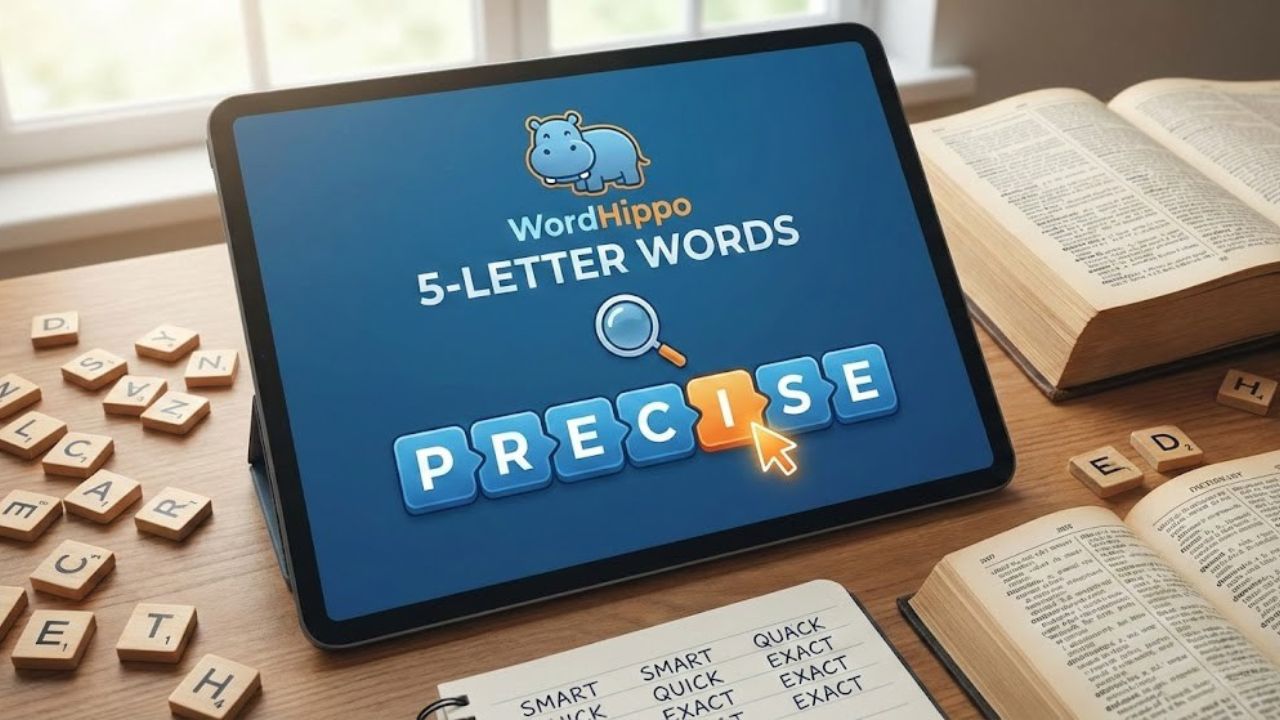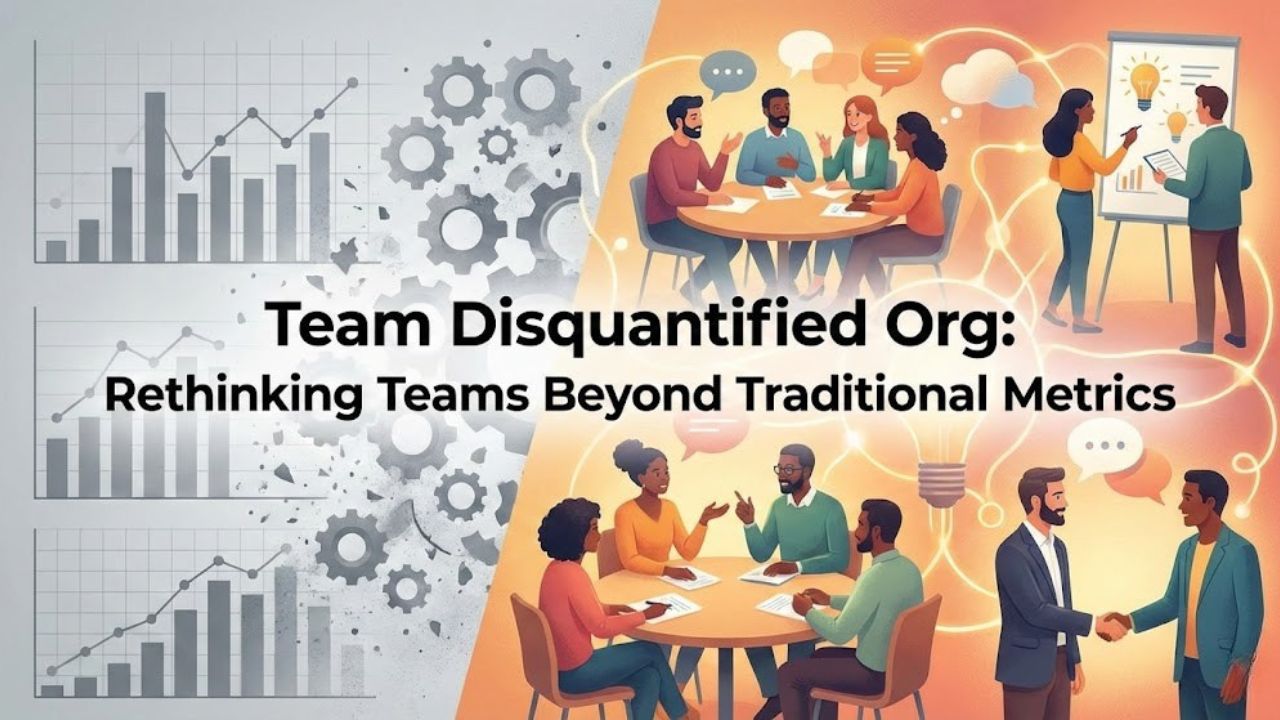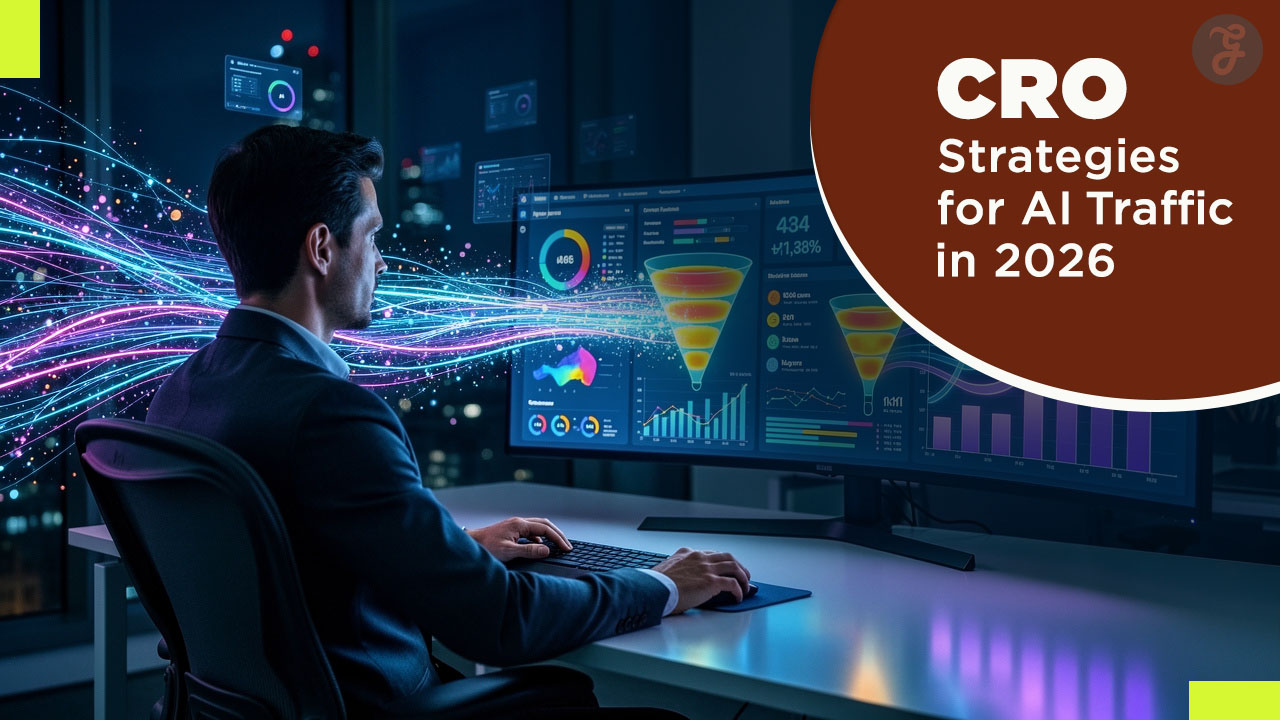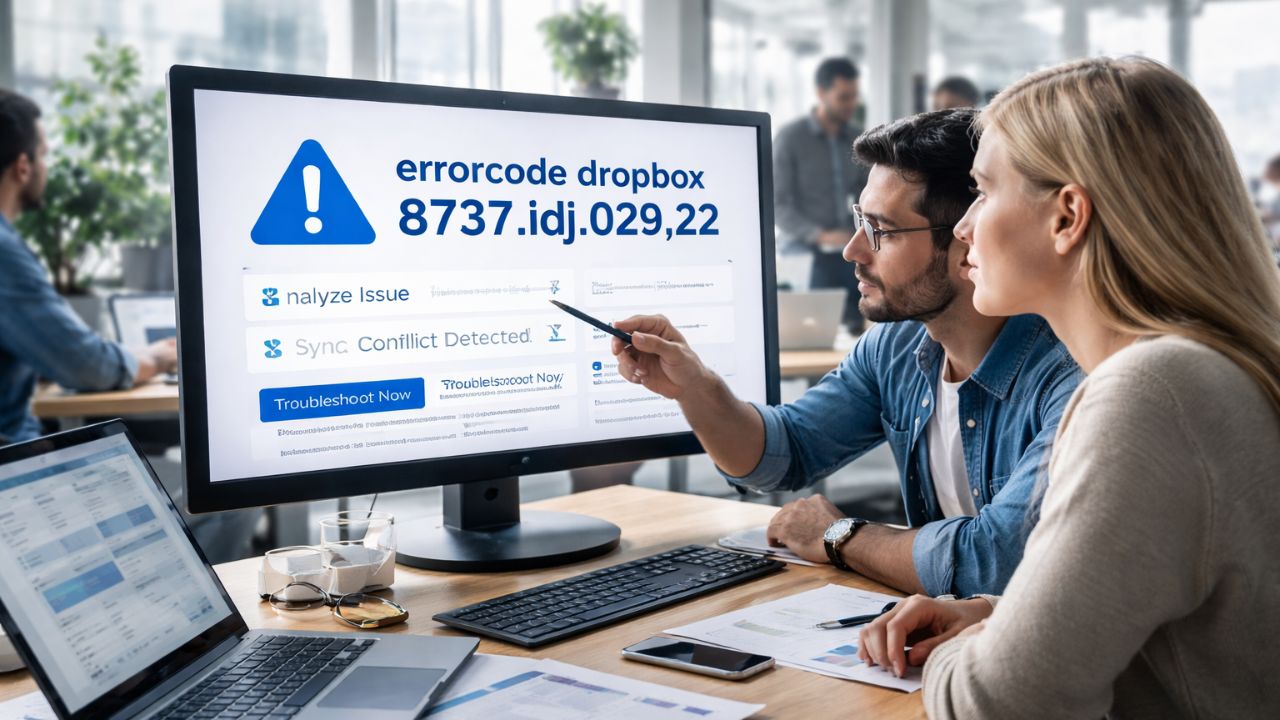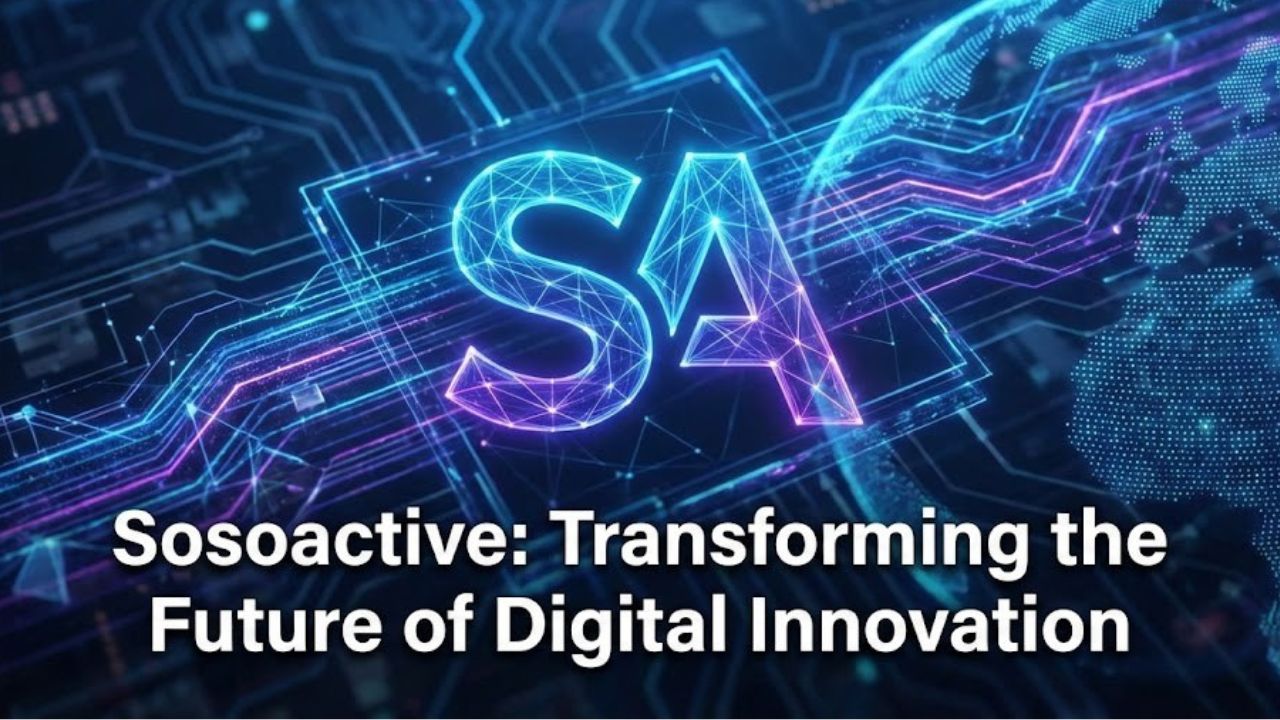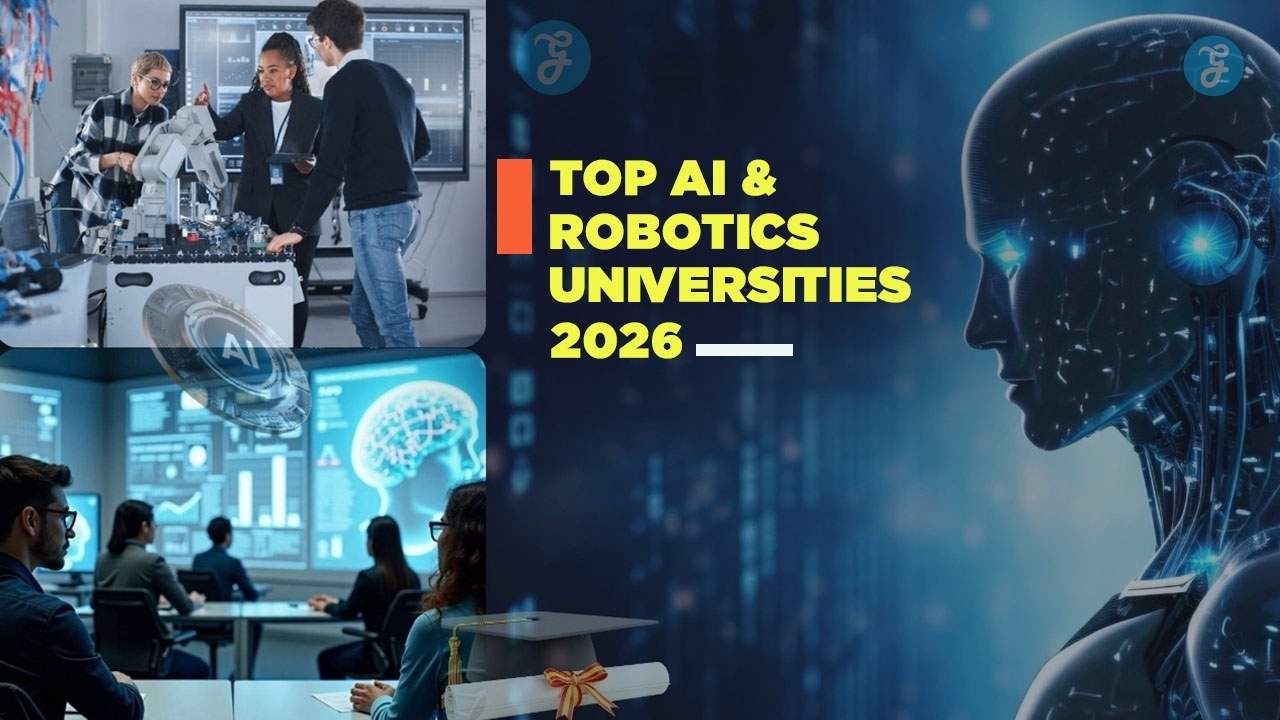The rules of the game are no longer limited to rankings and keyword density – they’re about relevance, trust, and delivering meaningful user experiences. With consumer expectations rising and technology advancing at lightning speed, SEO is now deeply woven into every facet of digital marketing.
From voice assistants and mobile-first indexing to predictive algorithms and AI-powered personalization, the ways people find and interact with information are constantly evolving. Brands that fail to adapt risk being left behind, while those who embrace this change can gain a significant competitive advantage.
As we move into a new era of marketing, understanding the future of SEO is not just beneficial – it’s essential.
Search Engines Are Getting Smarter
Search engines, particularly Google, have grown far more intelligent than in the past. Thanks to advancements in AI and machine learning, ranking systems now interpret search intent, page experience, and topical relevance with greater accuracy. Gone are the days of stuffing keywords and relying solely on backlinks. Today, content quality, user engagement, and site performance are all critical ranking factors.
For instance, Google’s Helpful Content Update has emphasized the importance of creating people-first content rather than writing exclusively for search engines. Brands that tailor their strategies around user satisfaction rather than outdated tactics are now enjoying stronger, more sustainable rankings.
Voice and Visual Search Are Reshaping Behavior
With the rise of smart speakers and visual recognition technologies, the way people search is undergoing a dramatic shift. Voice search favors conversational queries, while visual search lets users find products or information by snapping a photo.
Marketers must adapt their content to suit these evolving patterns. That means optimizing for long-tail, natural-sounding keywords and implementing structured data to make content more accessible to AI-powered search tools.
The Role of Local SEO is Growing
As mobile searches continue to rise, local SEO has become indispensable. Consumers increasingly rely on local results for everything from restaurant recommendations to service providers nearby. Ensuring accurate listings, responsive mobile design, and localized content are essential for appearing in “near me” searches and Google Maps results.
E-A-T and Brand Authority Matter More Than Ever
Google’s emphasis on E-A-T (Expertise, Authoritativeness, Trustworthiness) continues to grow, especially in sectors like health, finance, and law. Building brand authority through consistent, valuable content and legitimate backlinks is vital. Brands should highlight expert authorship and cite reputable sources to establish credibility.
Creating an SEO strategy that aligns with these principles often requires partnering with experienced professionals. Businesses aiming to improve their digital visibility can benefit significantly from an expert SEO service that understands the nuances of algorithm updates and user trends.
Integration with Content and UX
Modern SEO is not an isolated tactic- it’s deeply interconnected with content marketing and user experience (UX). Fast-loading pages, intuitive site architecture, and compelling storytelling all contribute to search engine rankings. Google rewards sites that offer a seamless experience, keeping visitors engaged and reducing bounce rates.
Brands that align their SEO strategy with UX and content priorities are far more likely to build long-term digital authority. This integrated approach leads to not only higher rankings but also increased conversions and customer loyalty.
Future is Predictive and AI-Driven
Recent insights shared in Forbes highlight how AI is revolutionizing online marketing in ways that go well beyond content creation. AI is now central to enhancing customer interactions, optimizing ad performance, and even predicting consumer behavior.
For example, brands are using AI to deliver personalized chatbot experiences, automate campaign targeting, and analyze behavioral patterns to better serve user intent.
AI is not just influencing search engines – it’s also shaping how marketers optimize for them. Predictive analytics tools are enabling businesses to anticipate search trends, generate dynamic content, and even automate technical audits.
As AI becomes more embedded in SEO workflows, the focus will shift from reactive optimization to proactive performance modeling. Brands leveraging AI-driven insights will be ahead of the curve when it comes to adapting to changing algorithms and consumer expectations.
Final Thoughts
The evolution of SEO reflects the broader shift in marketing from mass communication to personalized, data-driven engagement. Success in modern SEO means understanding your audience, creating meaningful content, and optimizing the user journey.
Looking ahead, SEO will only become more complex, more integrated, and more essential. It’s not just about getting to the top of search results – it’s about staying there in a landscape that’s constantly shifting. Brands that commit to ongoing learning, experimentation, and adaptation will not only drive visibility but also foster lasting trust with their audiences.
Whether you’re a startup or a global brand, investing in a solid SEO foundation today is essential for sustainable growth tomorrow. The right strategy, supported by expert guidance and tools, can ensure your brand doesn’t just keep up – but leads in the digital race.


